Cecilia Bartoli – Sospiri (2010) Lossless
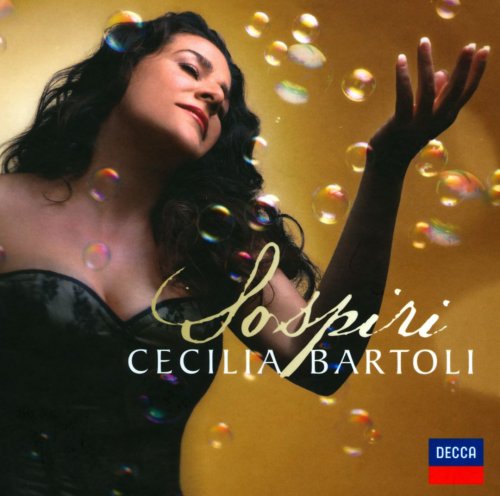
Artist: Cecilia Bartoli
Title: Sospiri
Year Of Release: 2010
Label: Decca
Genre: Classical, Vocal
Quality: APE (image+.cue,log,scans)
Total Time: 107:55
Total Size: 457 Mb
WebSite: Album Preview
Tracklist: Title: Sospiri
Year Of Release: 2010
Label: Decca
Genre: Classical, Vocal
Quality: APE (image+.cue,log,scans)
Total Time: 107:55
Total Size: 457 Mb
WebSite: Album Preview
CD 1:
01. George Frideric Handel (1685 - 1759) – Serse, Act 1: Ombra mai fù
02. Geminiano Giacomelli (1692 - 1740) – Merope: Sposa, non mi conosci
03. George Frideric Handel (1685 - 1759) - Il Trionfo del Tiempo e del Disinganno: Lascia la spina cogli la rosa
04. Antonio Vivaldi (1678 - 1741) - Il Farnace, Act 2 Scene 5: Gelido in ogni vena
05. Antonio Caldara (1671 - 1736) - La Morte d'Abel figura di quella del nostro Redentore - Quel buon pastor son io
06. Leonardo Vinci (1690 - 1730) - Il Medo, Act 1: Cervo in bosco
07. Wolfgang Amadeus Mozart (1756 - 1791) - Le nozze di Figaro, (Original version, Vienna 1786) Act 2: Voi che sapete
08. Wolfgang Amadeus Mozart (1756 - 1791) - Don Giovanni, ossia Il dissoluto punito, Act 1: Là ci darem la mano
09. Vincenzo Bellini (1801 - 1835) - La Sonnambula, Act 2: Ah! non credea mirarti si presto estinto, o fiore
10. Felix Mendelssohn (1809 - 1847) – Infelice!, scena ed aria: Ah ritorno, età dell’oro
11. Giuseppe Persiani - Ines di Castro: Cari giorni
12. Gioacchino Rossini (1792 - 1868) - Il barbiere di Siviglia, Act 1: Una voce poco fa
13. Vincenzo Bellini (1801 - 1835) - Norma, Act 1: Casta Diva
14. Pietro Mascagni (1863 - 1945) - L'amico Fritz, Act 2: Tutto tace
CD 2:
01. Johann Sebastian Bach (1685 - 1750) - Mass in B minor, BWV 232: Qui sedes ad dexteram Patris
02. Wolfgang Amadeus Mozart (1756 - 1791) - Vesperae solennes de confessore in C, K.339: Laudate Dominum omnes gentes
03. Gioacchino Rossini (1792 - 1868) - Stabat Mater: Fac ut portem Christi mortem
04. Charles Gounod (1818 - 1893) - Ave Maria (arr. from Bach's Prelude No.1 BWV 846)
05. Maurice Duruflé (1902 - 1986) – Requiem: Pie Jesu
06. César Franck (1822 - 1890) - Panis Angelicus
07. Gabriel Fauré (1845 - 1924) - Requiem, Op.48: Pie Jesu
Performers:
CD 1:
Bryn Terfel bass-baritone (8)
Juan Diego Florez tenor (9)
Luciano Pavarotti tenor (14)
Maxim Vengerov violin (10)
Maria Goldschmidt flute (11,13)
Daniel Pezzotti cello (13)
Una Prelle harp (11)
Il Giardino Armonico/Giovanni Antonini (1,2,4-6)
Les Musicien du Louvre – Grenoble/Marc Minkowski (3)
Wiener Philharmoniker/Claudio Abbado (7)
Orchestra dell’Accademia Nazionale di Santa Cecilia/Myung-Whun Chung (8)
Orchestra La Scintilla/Alessandro De Marchi (9)/Adam Fischer (10-13)
Orchestra Sinfonica di Milano Giuseppe Verdi/Riccardo Chailly (14)
CD 2:
Mary Cotton Savini oboe d’amore (1)
Cinzia Maurizio harp (4,6)
Luigi Piovano cello (5,6)
Daniele Rossi organ (5-7)
Coro dell’Accademia Nazionale di Santa Cecilia (2)
Orchestra dell’Accademia Nazionale di Santa Cecilia/Myung-Whun Chung (1,2,4,5,7)
Wiener Philharmoniker/ Myung-Whun Chung (3)
This compilation of selections from a number of Cecilia Bartoli's recitals from between 1994 and 2009, plus several newly released tracks, is unified by the theme of sighs, "sospiri." The music expresses a variety of moods, including sighs of resignation, relaxation, grief, ecstasy, and romantic pleasure. The first of the two CDs is devoted to secular music, much of it operatic, and the second to sacred pieces. The album should offer few surprises to anyone who has a preconceived opinion of Bartoli's vocalism. Fans of her exuberant personality and dramatic temperament will find just what they would expect, as will detractors who are put off by what they feel to be her excessive flamboyance. In any case, whatever one's opinion of the outcome, there's no denying that Bartoli throws herself into all her projects with absolute abandon. She is so deeply invested in wringing the emotional truth out of a piece that she is not afraid to let her voice stray from the principles of bel canto singing that require that tonal beauty be maintained at all times. An example is her handling of the extraordinary, anguished 10-minute scene from Geminiano Giacomelli's Merope, which exploits her remarkable range, nuanced expressiveness, technical command, and soaring, floating tone, and in which she at points practically howls with animalistic rage. Her "Casta Diva" is sung nearly entirely sotto voce, almost whispered, a controversial choice that departs from usual interpretations, but that she convincingly puts across as valid. Her performance of "Una voca poco fa" is rather disingenuously billed as "first time on CD," promising an entirely new version of Rossini's popular aria, but in fact it is the usual piece, only very freely ornamented. Other performances are less radically original, including "Ombra mai fu," "Voi che sapete," and most of the sacred selections, but Bartoli brings her trademark depth of feeling to them. The album is beautifully engineered, with sound that is consistently first-rate, and the various accompanying ensembles are never less than stellar. Sospiri may not make fans of skeptics, but listeners devoted to Bartoli's often idiosyncratic approach are likely to be delighted with the album.
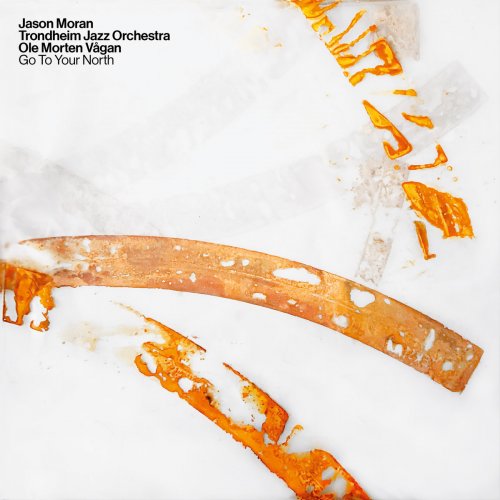
![Kate Kortum - Wild Woman Tells All (2026) [Hi-Res] Kate Kortum - Wild Woman Tells All (2026) [Hi-Res]](https://www.dibpic.com/uploads/posts/2026-01/1767862862_ajiixgeb8lsxc_600.jpg)
![The Mood Mosaic - Soul Allure (2026) [Hi-Res] The Mood Mosaic - Soul Allure (2026) [Hi-Res]](https://www.dibpic.com/uploads/posts/2026-01/1767930779_j8tt8dryg8d9a_600.jpg)
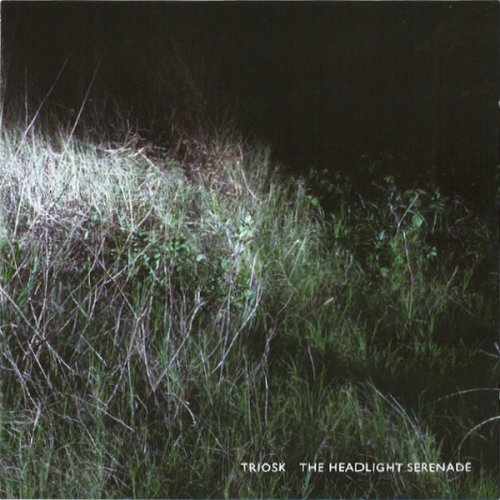
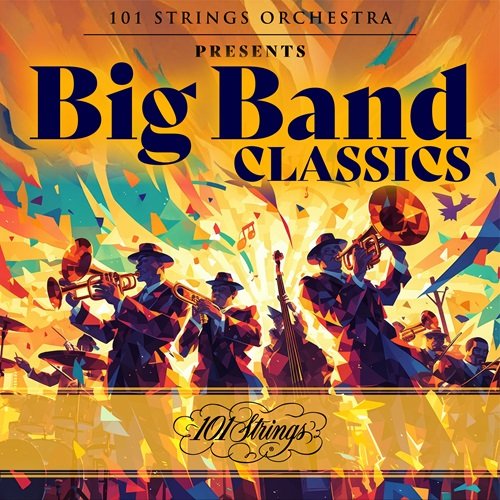
![Eddie "Lockjaw" Davis - Land Of Dreams (1982) [Vinyl] Eddie "Lockjaw" Davis - Land Of Dreams (1982) [Vinyl]](https://www.dibpic.com/uploads/posts/2026-01/1767962313_5.jpg)
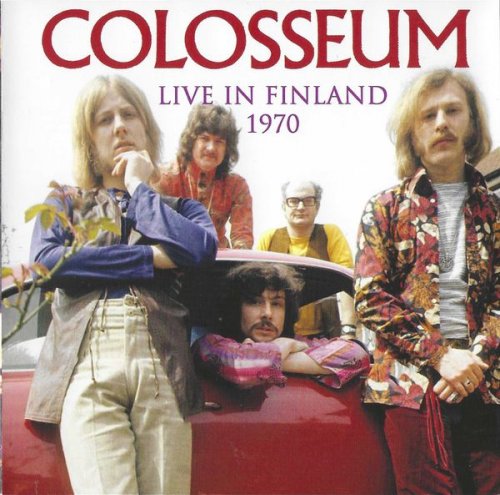
![Lophae - Fry Before You Buy (2026) [Hi-Res] Lophae - Fry Before You Buy (2026) [Hi-Res]](https://img.israbox.com/img/2026-01/08/mfhj4tpc29y1myjoaxltfnrfz.jpg)
![Kris Davis - The Solastalgia Suite (2026) [Hi-Res] Kris Davis - The Solastalgia Suite (2026) [Hi-Res]](https://www.dibpic.com/uploads/posts/2026-01/1767813120_cn2fxh9eb5ntc_600.jpg)